From Chris Newman, writing about the struggle of being a farmer and a farmer’s market vendor, with emphasis his:
Altogether, then, I’m paying $5,850 to participate in a large farmers market.
It’s pretty safe to assume that the costs of the other 99 vendors are similar. We’re shelling out a combined $585,000 to participate in just one market. Most of us participate in at least two markets, so let’s double the figure to $1.17m, then round down to $1 million just to be conservative.
A $1 million+ annual operating budget could comfortably lease, service, and staff a large urban brick and mortar market that’s open 12 hours a day, 7 days a week, year-round.
Instead, we spend it on a pop-up market that’s open just half the year (in my neck of the woods), for two days a week (remember, two markets), four hours at a time. And it’s probably outdoors — where rain, excessive heat, or a cold snap will effectively ruin your day.
As much as I like farmers markets, the amount of resources that small farmers pour into them is terribly misdirected if we’re serious about mounting a real challenge to the conventional food system.
Speaking on the idea of independence and farming he continues:
Our freedom also costs us results in the marketplace. The zeal for “saving the world” is undercut by annual sales at farmers markets estimated at less than $2 billion in the U.S., with the growth of markets slowing even as hundreds of billions of dollars of food is sold annually in grocery stores. As the link above states, part of this slowdown may be the result of an explosion in local food hubs, which are themselves riddled with competitive issues of their own, in addition to (generally) being non-farmer owned and little more than middlemen that force farmers to take prices.
Because of our insistence on independence and our failure to cooperate more closely, we’re being outsold at the grocery store by a factor of 400+.
He concludes:
[Farmers] markets will still be one of the best ways to connect to the actual people growing your food and gain an understanding of what it takes to responsibly feed a hungry planet.
I’m always interested in what the word responsibly can mean when it comes to food.
